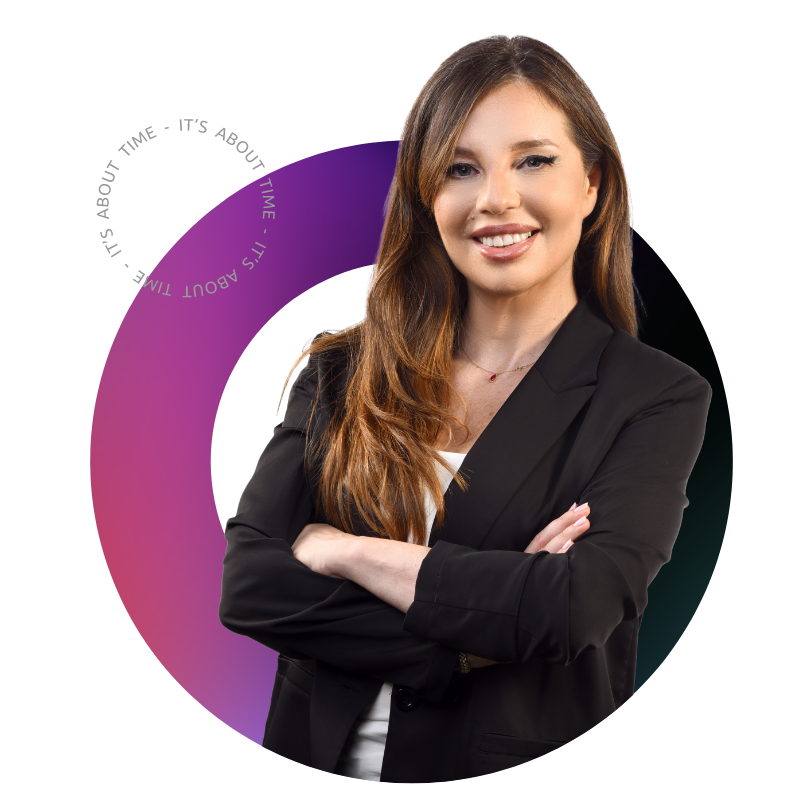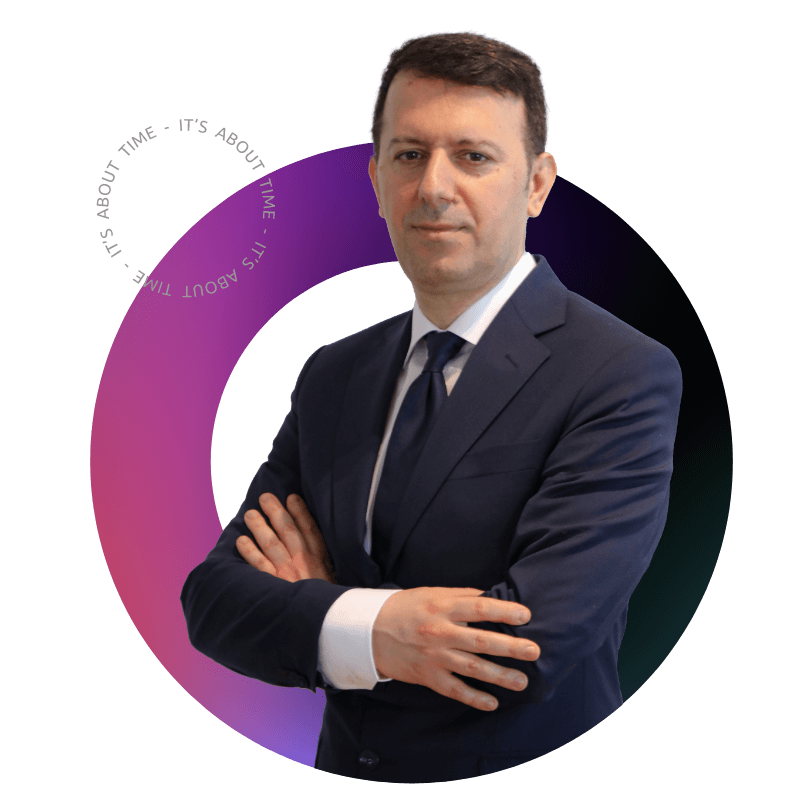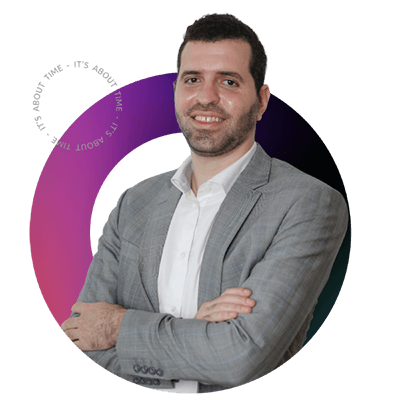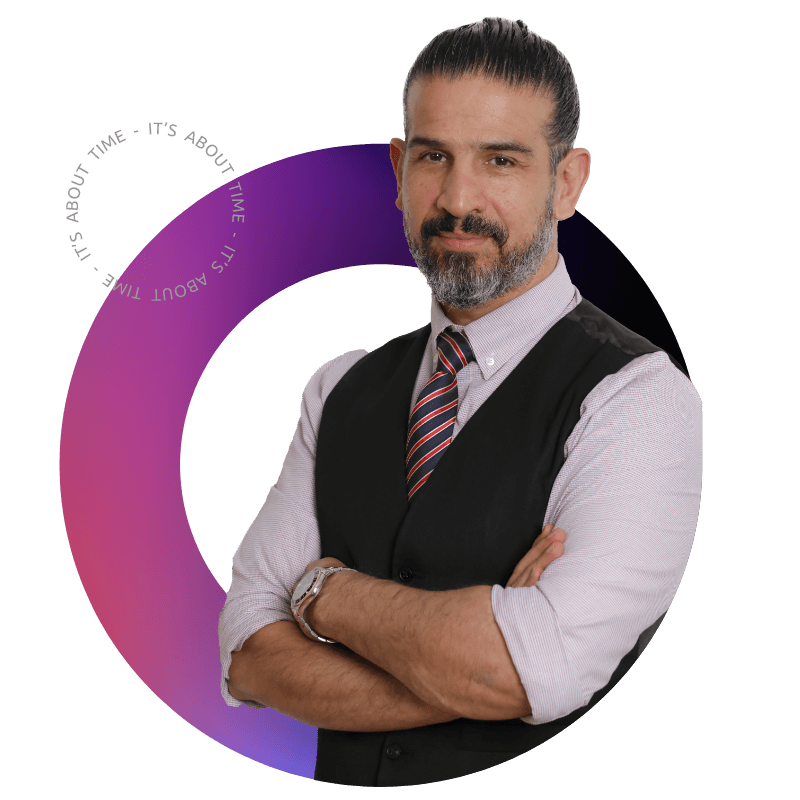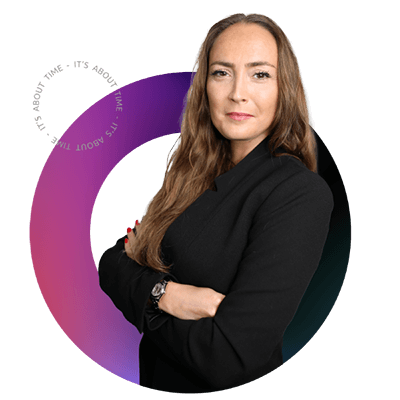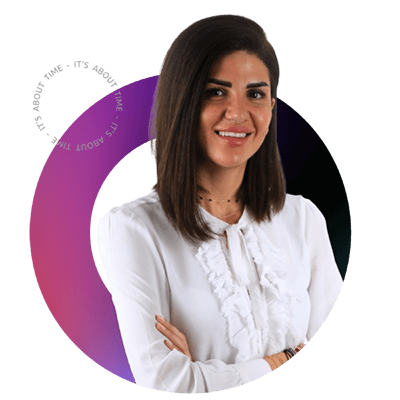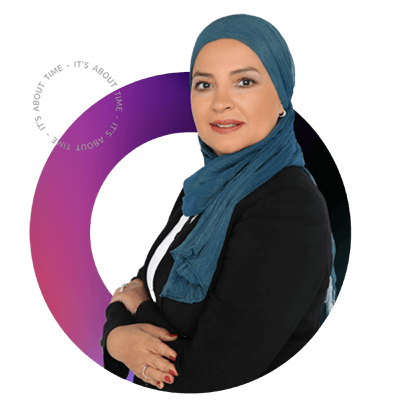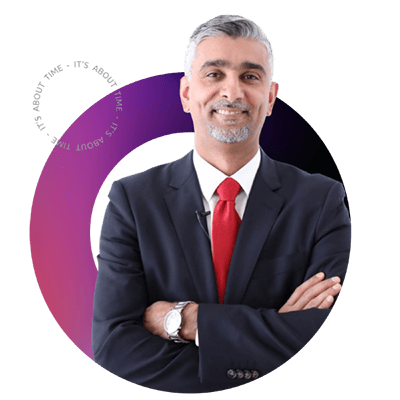Obsessive Compulsive Disorder (OCD) is a common chronic disorder characterized by obsessions (recurring thoughts), compulsions (behaviors) or both. Some sufferers also have a tic disorder – either sudden, brief, repetitive motor tics such as grimacing, shrugging of the shoulders, blinking or jerking the head or shoulders or vocal tics such as repetitive sniffing, grunting or throat-clearing.
Over time, OCD symptoms might ease, worsen, or come and go. Sufferers might try to ease their condition by avoiding trigger situations or they may self-medicate alcohol or drugs in an attempt to calm themselves. Although most adults with OCD recognize that their obsessions and/or compulsions don’t make sense, some adults and most children may not realize their behavior is unusual. In the case of children, it is typically the parents or teachers who recognize the OCD symptoms.
Obsessions might include:
- Fear of contamination or germs
- Worrying about some sort of harm affecting oneself or others
- Fear of misplacing or losing something
- Unwanted and taboo thoughts involving religion, sex, etc
- Arranging things symmetrically or in a perfect order
Compulsions may include:
- Cleaning or washing a body part, such as your hands, excessively
- Hoarding unnecessary objects
- Arranging or ordering items in a specific, precise way
- Repeatedly double-checking things, for example, making sure you have locked door
- Counting items repeatedly
- Seeking reassurance constantly
Not all rituals are compulsions, of course – everyone double-checks things on occasion. But those with OCD generally can’t control their behaviors or thoughts, even when they realize they are excessive. They can spend at least an hour on these behaviors or thoughts, ad don’t get any pleasure from them, except perhaps a brief relief from the anxiety caused by the thoughts. If someone has OCD, these thoughts and behaviors will cause significant problems in their daily life.
Risk factors
OCD could have a genetic component and sometimes runs in families, but no one knows for certain why some family members develop it while others don’t. The onset is in adolescence or young adulthood, and it tends to appear at a younger age in boys than girls. Research indicates that several parts of the brain, as well as biological processes, play a key role in obsessive thoughts and compulsive behavior, as well as the associated anxiety and fear. People who have suffered sexual or physical trauma are at an increased risk for developing OCD.
If you think you have OCD, talk to one of our professional therapists at Novomed Centers in Dubai about your symptoms. If left untreated, OCD can interfere in all aspects of life and prevent you from enjoying life.
To book an appointment or for more information about Obsessive Compulsive Disorder Treatment, call us toll-free on 800 (NOVO) 6686 or click the live chat icon at the bottom of the screen.
